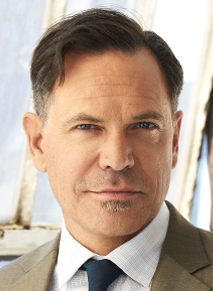Top 101 Quotes & Sayings by Kurt Elling
Explore popular quotes and sayings by an American musician Kurt Elling.
Last updated on April 14, 2025.
There is an actor's responsibility in presenting the emotional content of the lyrics to an audience. But whether you do that in a straightforward fashion or an ironic fashion or a blase fashion is all about opportunities, and singers are missing opportunities as artists if they don't pay attention to the lyric.




















